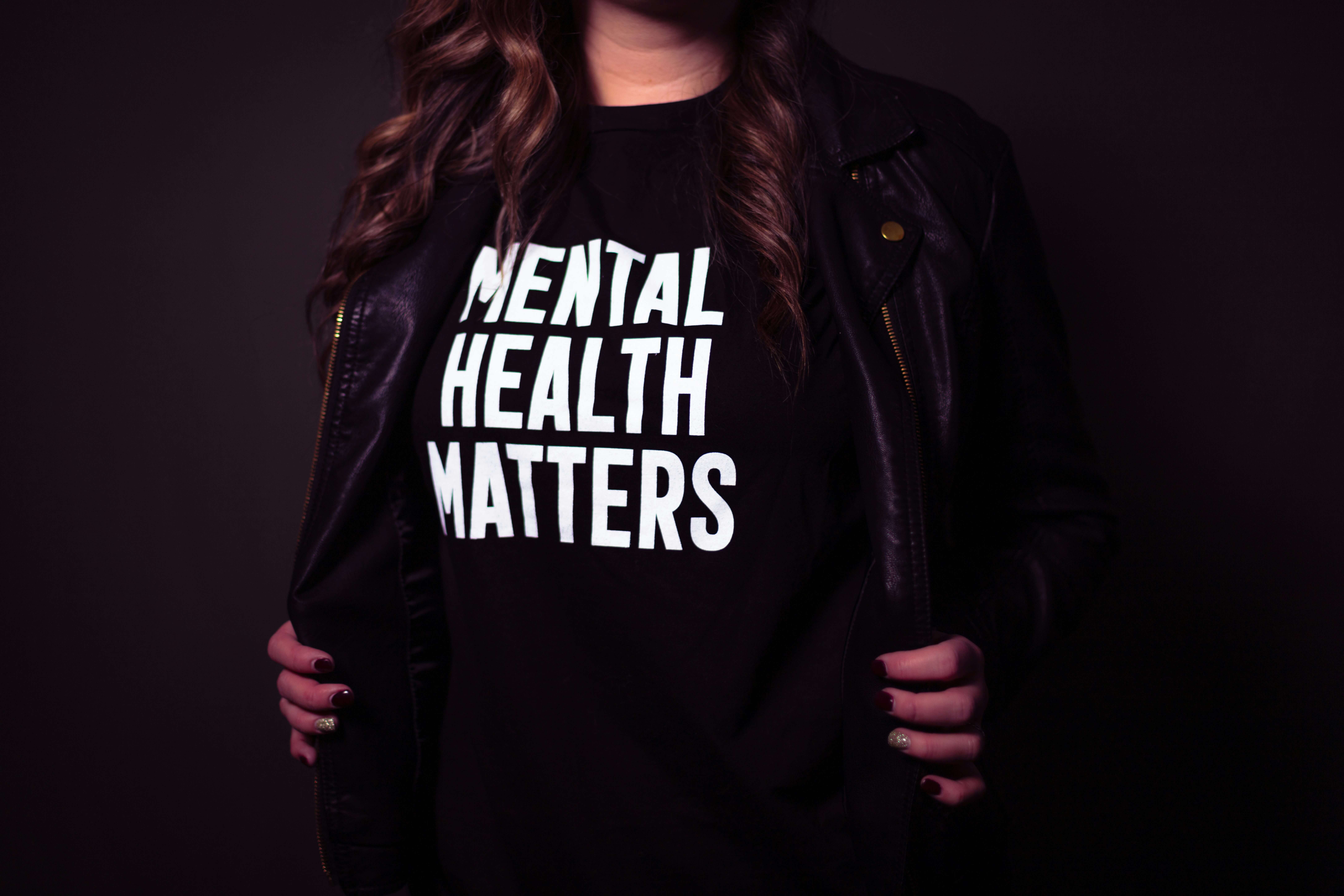Over the past two decades, opioid addiction has blown up around the entire country, with opioid use disorders occurring all over the United States — from bustling urban areas to quiet suburban communities.
While opioids have been used in the treatment of pain for centuries, opioid abuse has significantly escalated since 2000 with the development and marketing of highly addictive painkillers that carry a substantial risk of overdose.
Opioid addiction is one of the most challenging substance use disorders to overcome. Fortunately, there are viable treatment options available that can help with the physical, emotional and psychological aspects of your loved one’s opioid use disorder.
Medication-assisted treatment (MAT) for opioid use disorder is one option that incorporates a combination of behavioral therapies and counseling to effectively treat opioid addiction.
Keep reading to learn more about this treatment and how it can help individuals struggling with opioid addiction address their addictive impulses while also learning important techniques to help them achieve sustained health and happiness.
What Is Medication-Assisted Treatment (MAT)?
MAT is a blend of different behavioral therapies and counseling to effectively treat opioid addiction. Medical treatment with either methadone, buprenorphine (Suboxone), or naltrexone (Vivitrol) has been shown to be a highly effective first-line treatment that reduces withdrawal symptoms, physical cravings and overdose risk when going through detoxification.1
Evidence-based treatment approaches like this are often needed for your loved one to successfully overcome their addiction and achieve sustained sobriety.
How MAT Treatment for Opioid Addiction Works
MAT has been proven effective in treating opioid addiction because it helps your loved one address their dependence on opioids by lessening some of the challenging withdrawal symptoms they may experience as the drug leaves their body.
By helping to reduce the cravings that are notoriously experienced during withdrawal, medication-assisted treatment can help your loved one stop thinking constantly about the drug and focus on treatment techniques to heal their mind and body.
In addition, MAT is critical to preventing overdose and death during the early stages of detox as well as keeping struggling addicts engaged in treatment long term.
- Recent studies show that with medication-assisted treatment, 75% of individuals will still be engaged in the recovery process one year later.
- By contrast, research demonstrates that within one month of stopping buprenorphine treatment, more than 50% of individuals relapse and find themselves actively using opioids once again.
- This is because MAT has been shown to relieve cravings and withdrawal symptoms so that your loved one can more easily engage in treatment activities and the other things they enjoy rather than being overwhelmed by their addictive impulses.
The fact of the matter is that, when overseen by a medical professional, MAT is a safer and more effective way of treating opioid addiction with far less discomfort and significantly fewer negative side effects.2
Benefits of Medication-Assisted Treatment
As previously stated, the medication is an essential part of the equation, helping to reduce withdrawal symptoms and cravings as your loved one initiates their recovery journey. It can give them some much needed relief, allowing them to better focus on the other challenging parts of their recovery.
This relief is achieved because many of the medications incorporated into MAT contain opioid antagonists, which effectively aid in deterring individuals from wanting to use.
- For instance, if your loved one is taking a medication that contains an opioid antagonist, the medication will essentially block any high they may try to achieve if they relapse while still making their body feel sick.
This process of eliminating the feeling of the high associated with the drug leads to decreased cravings and a renewed desire to avoid use altogether. While some people think that prescribing medications that resemble opioids is counterproductive to the recovery process, these medications don’t contain enough of the substance to get your loved one inebriated — just enough to keep them from suffering from withdrawal symptoms.
Altogether, this enables them to function throughout the rehabilitation process, which leads to a more successful recovery rate and reduced likelihood of relapse incidents.3
Treatment Procedure and Medications Used for Medication-Assisted Treatment
Three FDA-approved opioid addiction treatment medications are used in conjunction with evidence-based behavioral therapy to help your loved one properly address their opioid addiction. These include:
- Methadone
While many people have heard of methadone, they often wonder how the medication works to treat an opioid use disorder. It’s used to treat both pain and dependence on opioids by helping to reduce cravings while enabling a person to ease off opioids successfully.
With methadone, and all other medication-assisted treatment, it’s most effective when used in conjunction with an evidence-based behavioral treatment program.
- Naltrexone (Vivitrol)
This medication is very effective at treating dependencies on all opioids. It works by blocking the effects of opioid receptors as well as reducing the cravings for opioids entirely.
This enables many individuals to achieve sustained sobriety by preventing relapse incidents because it helps to effectively reduce cravings associated with opioid withdrawal.
- Buprenorphine/Naloxone (Suboxone)
Buprenorphine is the active drug in Suboxone and works as a partial opioid agonist, meaning it mimics working like an opioid with reduced effects. Additionally, it has what is called the ceiling effect, meaning that even with repeated doses, the effects level off, reducing the chance of dependency. It also helps with withdrawal and cravings, helping individuals stop using other opioids.
MAT at Fountain Hills Recovery
Your loved one’s recovery journey can begin when they face their addiction and find the courage to enter into a qualified treatment facility like Fountain Hills Recovery. Working through their opioid use disorder with the guidance of addiction experts within a medication-assisted treatment program increases the likelihood they’ll successfully overcome their addiction and maintain their sobriety long term.
If your loved one is struggling with an opioid addiction, there’s hope, and there’s help. After all, there’s no time like the present to face their fears and begin their journey back to sustained health and happiness.
Discover how much of a difference an individualized approach to treating an opioid use disorder can make. Learn more about our opioid addiction treatment program, or contact us to get your questions answered.
Call Today 1-888-898-8286





